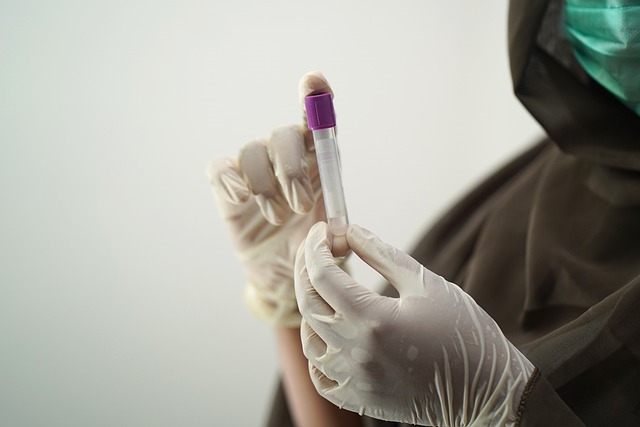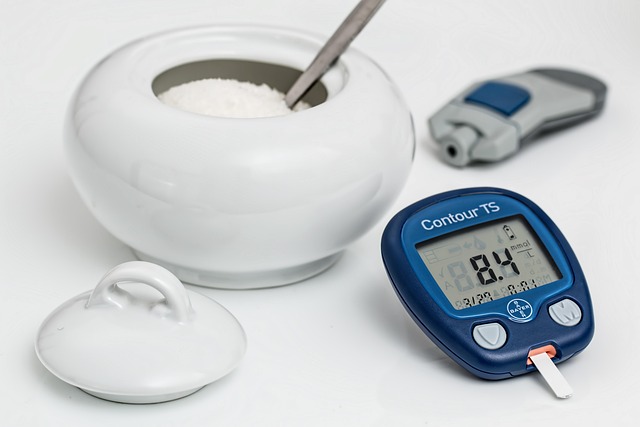Understanding Autoimmune Diagnostics
If you’ve been navigating the complex world of autoimmune diseases, you know that the journey often begins with a string of diagnostic tests and medical appointments. Autoimmune diagnostics can be a daunting process, filled with uncertainty. But with understanding, you can transform this experience into a path toward healing.
What are Autoimmune Diseases?
Autoimmune diseases occur when the body’s immune system mistakenly attacks its own healthy cells. Conditions such as lupus, rheumatoid arthritis, and multiple sclerosis are just a few examples. Each of these diseases has unique symptoms and can affect different parts of the body, making accurate diagnosis essential.
The Importance of Early and Accurate Diagnosis
In the realm of autoimmune diagnostics, timing and precision are crucial. Early detection can significantly alter the course of the disease, allowing for timely intervention and management of symptoms. This is especially vital since many autoimmune diseases share a commonality in symptoms, such as fatigue, joint pain, and fever, which can confuse even seasoned healthcare providers.
Common Diagnostic Tests
Understanding the array of tests involved in autoimmune diagnostics can help demystify the process. Some of the most common tests include:
- An antibody test: These tests measure the presence of specific antibodies that may indicate an autoimmune disorder.
- Electrophoresis: This test separates proteins in the blood, which can indicate various autoimmune conditions.
- Inflammatory markers: Blood tests like the C-reactive protein (CRP) and erythrocyte sedimentation rate (ESR) can indicate inflammation in the body.
- Imaging tests: X-rays, MRIs, or ultrasounds can help visualize damage caused by autoimmune conditions.
The Role of a Specialist
Seeing a specialist, such as a rheumatologist or an immunologist, can be critical in the journey of autoimmune diagnostics. These professionals are trained to interpret test results within the broader context of your symptoms and medical history. Their expertise can make a world of difference in obtaining an accurate diagnosis.
Navigating the Emotional Landscape
The quest for an autoimmune diagnosis often entails emotional challenges. Patients may experience anxiety, fear, or frustration at prolonged uncertainty. Remember, you are not alone in this journey. Many resources, including support groups and online communities, can provide emotional backing and share strategies for coping with the ups and downs of autoimmunity.
Looking Ahead
As you step into the world of autoimmune diagnostics, approach it with curiosity and resilience. This path may be fraught with complexities, but each test and appointment brings you a step closer to understanding your health. By advocating for yourself and seeking comprehensive care, you empower your journey toward health and wellness.




